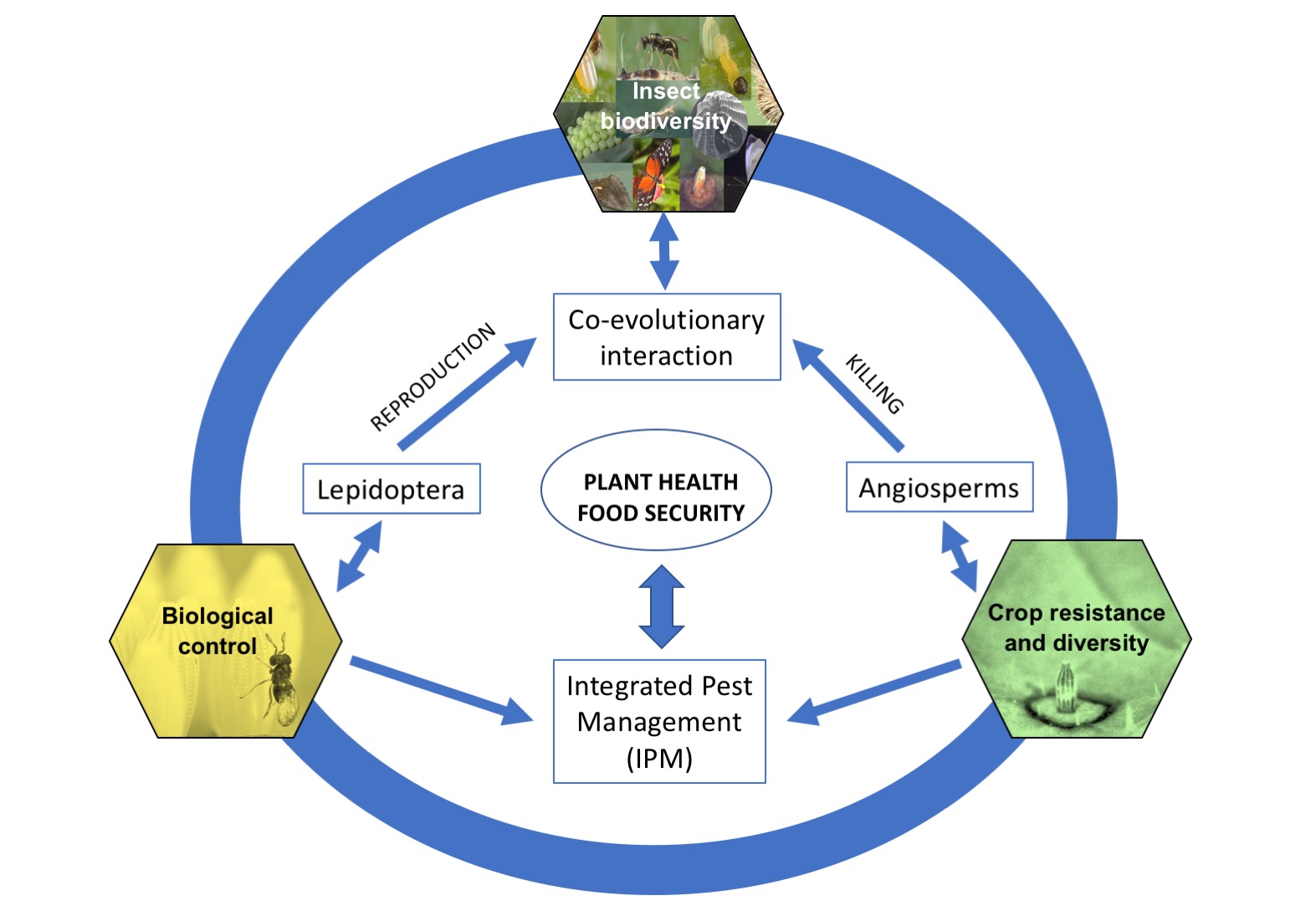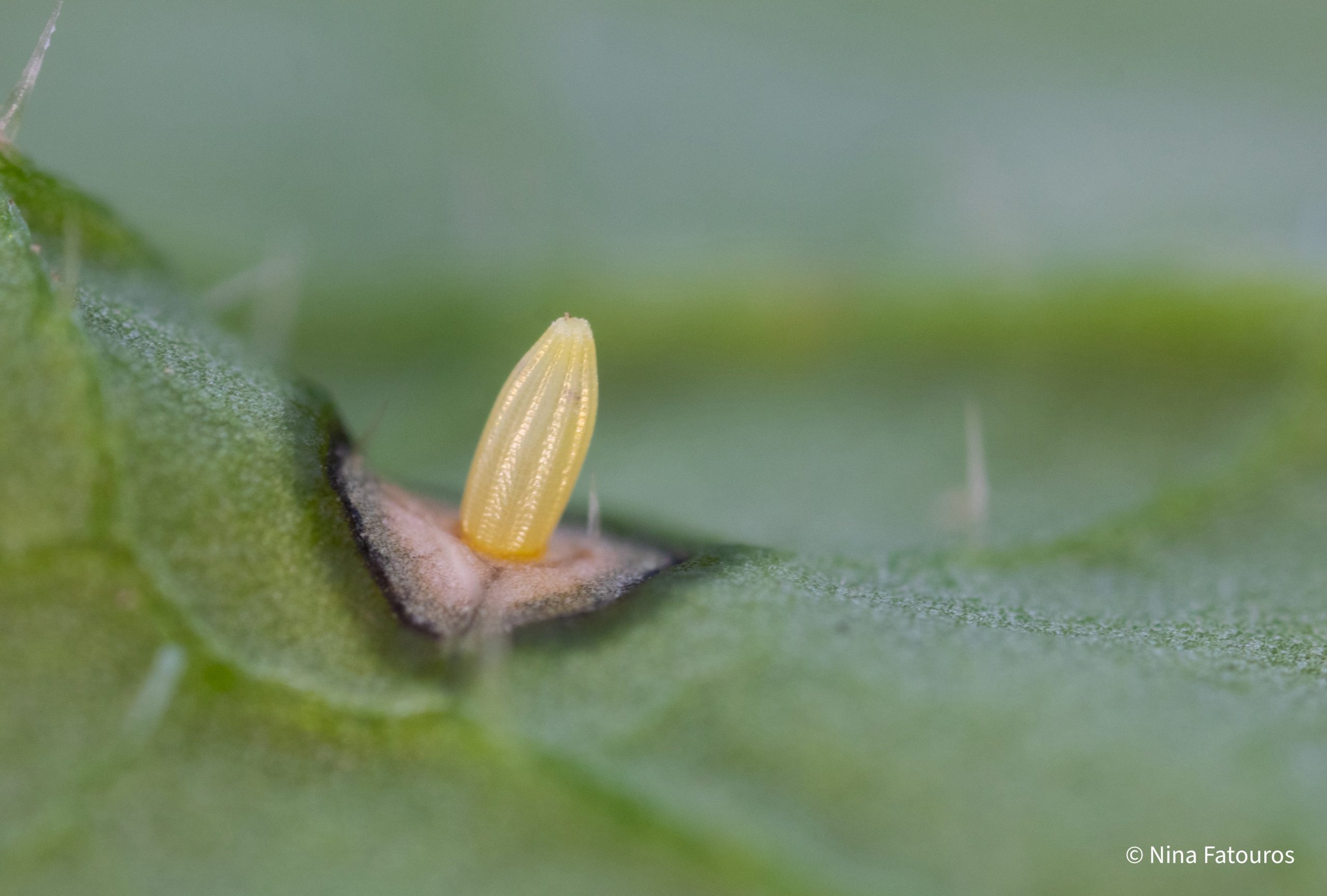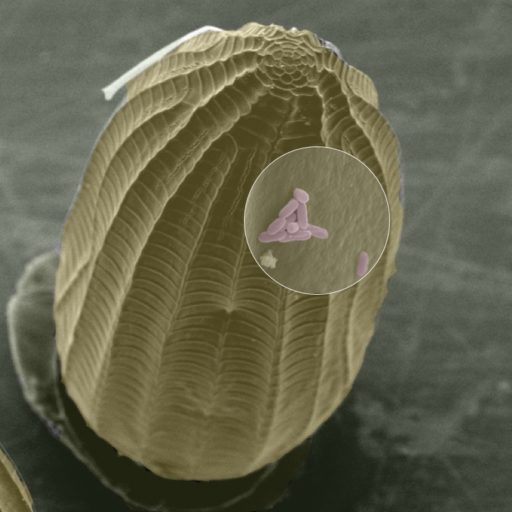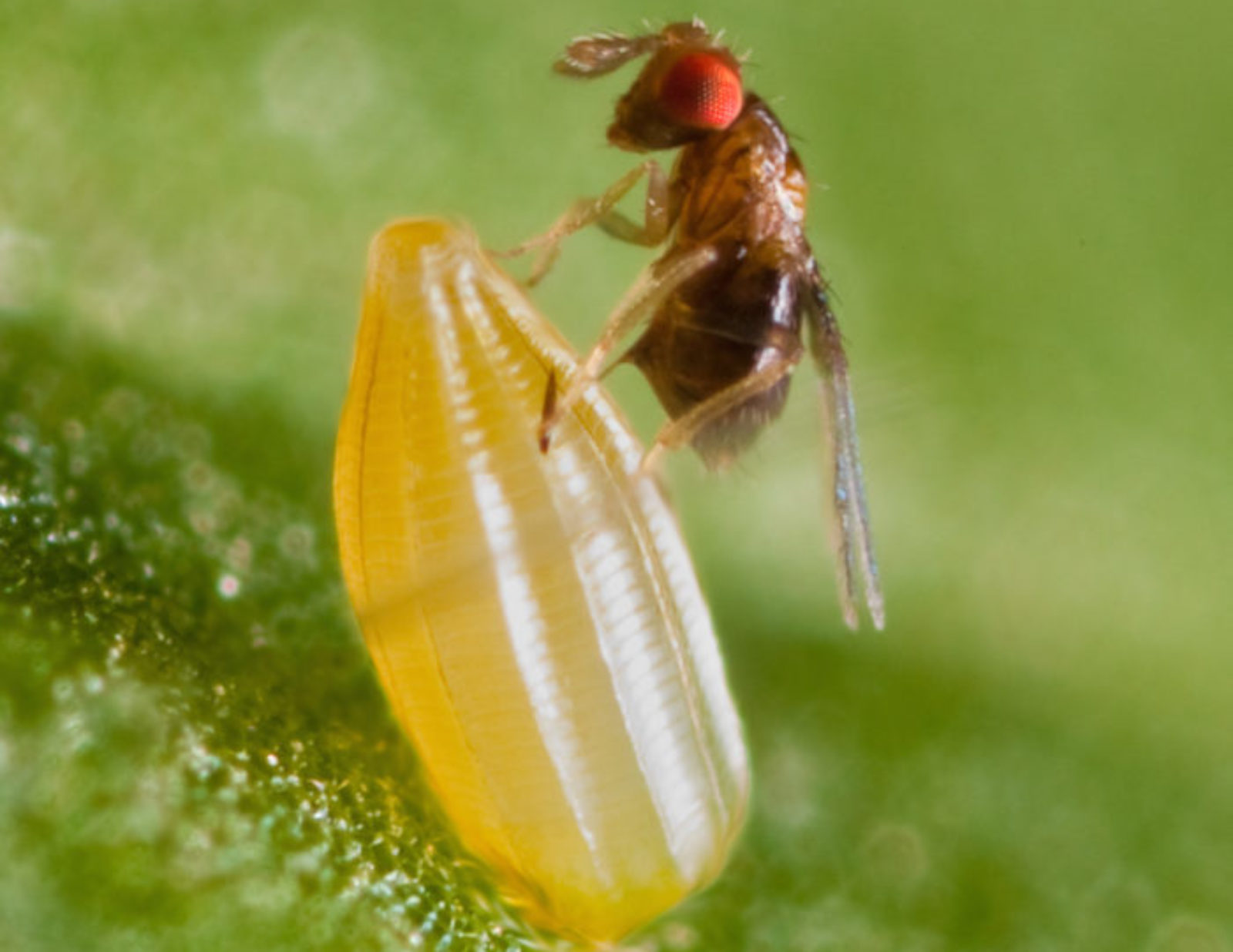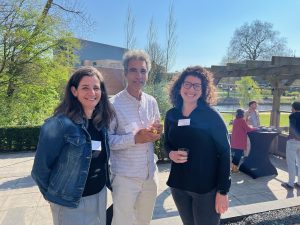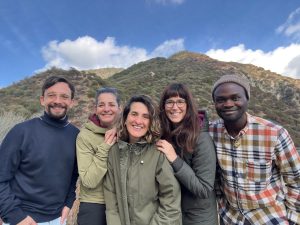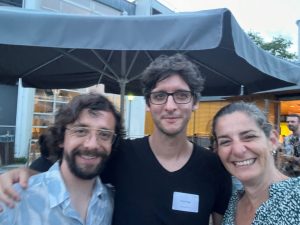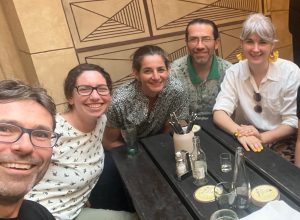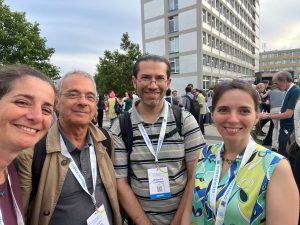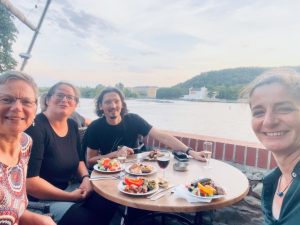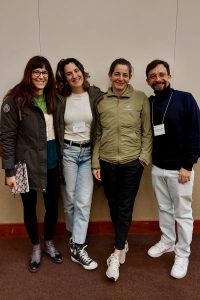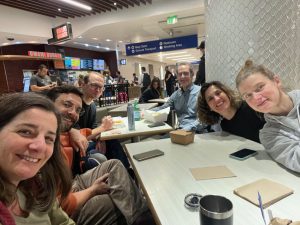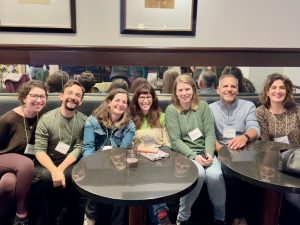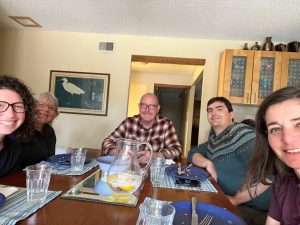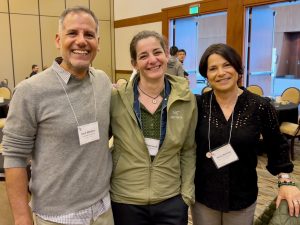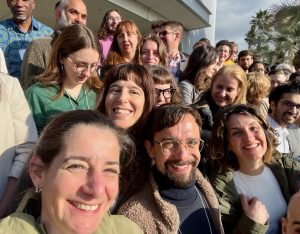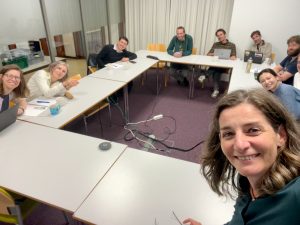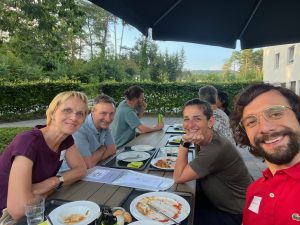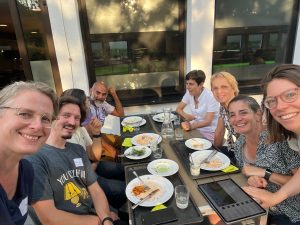Main research lines
With my research at the Biosystematics Group, I study the fascinating relationships between butterflies, their host plants, beneficial microbes, and natural enemies such as parasitic wasps. These interactions are powerful drivers of insect diversity and success. My particular expertise lies in exploring a life stage that is often overlooked: the insect egg. By focusing on this early stage of life, I uncover hidden dynamics that shape the survival and evolution of insect species.
My research centers on four key questions:
-
Plant defenses against eggs – How do plants detect insect eggs, and what genetic and molecular mechanisms allow them to kill eggs directly or indirectly by attracting parasitic wasps?
-
Evolutionary history – When and how did these egg-killing defenses evolve in plants, especially within the economically important Brassicales (mustards, cabbages), and how do butterflies adapt in return?
-
The role of microbes – How do insect-associated microbes influence plant defenses and the counter-strategies of herbivores?
-
The role of parasitic wasps – Do egg-attacking wasps limit the evolution of chemical signals (such as sex pheromones) that butterflies use to find mates?
To answer these questions, I combine modern genetic tools (comparative genomics, transcriptomics, and metabolomics) with evolutionary analyses, greenhouse experiments, and field studies.
Ultimately, my goal is to help address one of today’s most urgent challenges: the global decline of insects. By understanding how species interactions drive insect diversity, I aim to contribute to sustainable agriculture. My work explores alternatives to pesticides, such as biological control by wasps, breeding crops with natural resistance, and fostering biodiversity. These strategies support the EU’s vision for sustainable farming and the Dutch government’s circular agrofood system, while also helping to conserve—and even increase—insect biodiversity.
